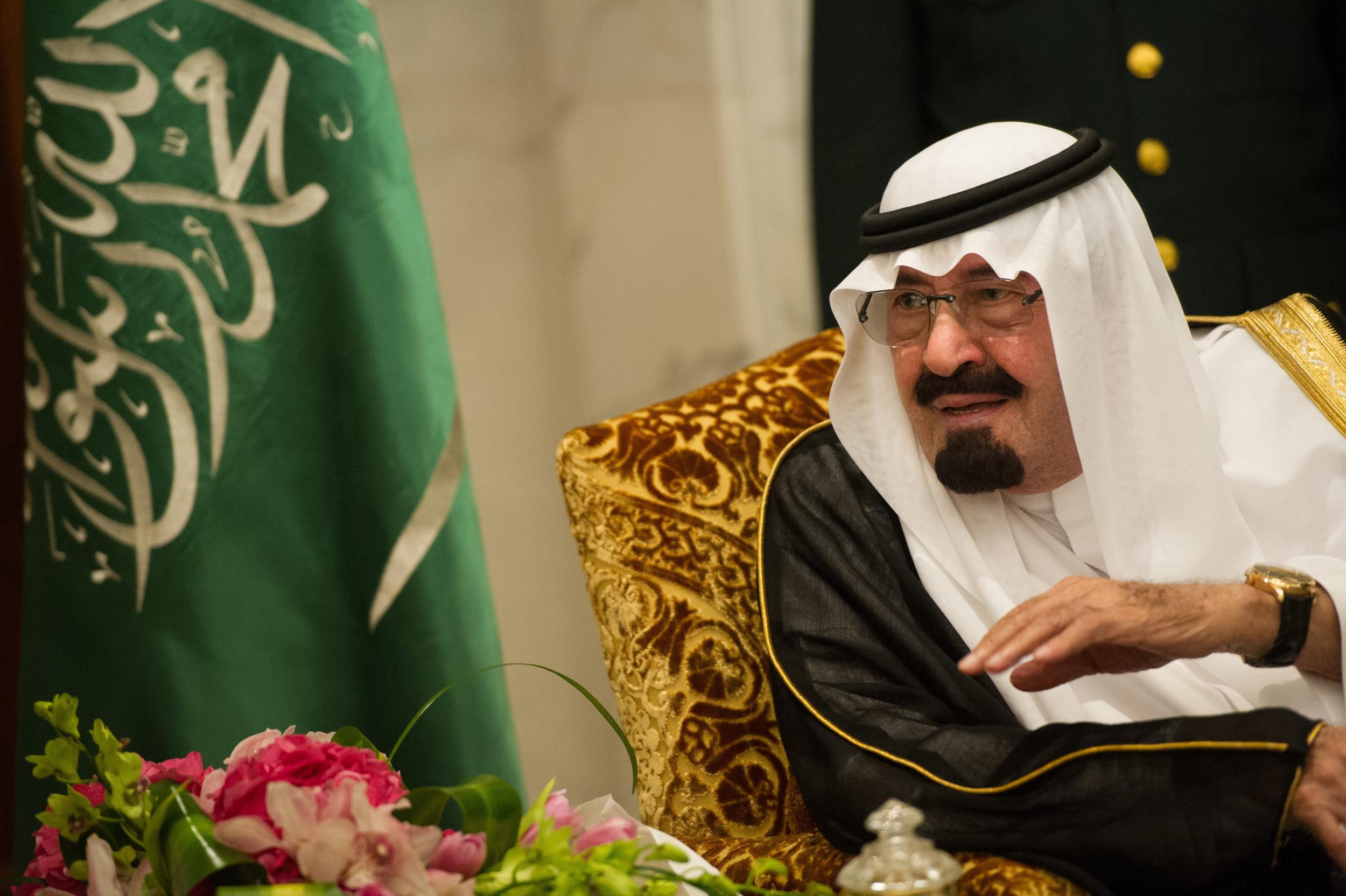Saudi Arabia sentences a man to 10 years in prison and 2,000 lashes for expressing his atheism on Twitter
The court also fined him 20,000 riyals – or, just short of £4,000

Your support helps us to tell the story
From reproductive rights to climate change to Big Tech, The Independent is on the ground when the story is developing. Whether it's investigating the financials of Elon Musk's pro-Trump PAC or producing our latest documentary, 'The A Word', which shines a light on the American women fighting for reproductive rights, we know how important it is to parse out the facts from the messaging.
At such a critical moment in US history, we need reporters on the ground. Your donation allows us to keep sending journalists to speak to both sides of the story.
The Independent is trusted by Americans across the entire political spectrum. And unlike many other quality news outlets, we choose not to lock Americans out of our reporting and analysis with paywalls. We believe quality journalism should be available to everyone, paid for by those who can afford it.
Your support makes all the difference.A court in Saudi Arabia has sentenced a man to 10 years in prison and 2,000 lashes for expressing his atheism in hundreds of social media posts.
The report carried in Al-Watan says the 28-year-old man admitted to being an atheist and refused to repent, saying that what he wrote reflected his own beliefs and that he had the right to express them. The report did not name the man.
It added that ‘religious police’ in charge of monitoring social networks found more than 600 tweets denying the existence of God, ridiculing the Quranic verses, accusing all prophets of lies and saying their teaching fuelled hostilities. The court also fined him 20,000 riyals – or, just short of £4,000
In 2014 the oil-rich kingdom, under the late Saudi King Abdullah, introduced a series of new laws which defined atheists as terrorists, according to a report released from Human Rights Watch.
In a string of royal decrees and an overarching new piece of legislation to deal with terrorism generally, King Abdullah attempted to clamp down on all forms of political dissent and protests that could "harm public order".
Article one of the new provisions defined terrorism as "calling for atheist thought in any form, or calling into question the fundamentals of the Islamic religion on which this country is based".
Speaking at the time the new measures were introduced Joe Stork, deputy Middle East and North Africa director of Human Rights Watch, said: "Saudi authorities have never tolerated criticism of their policies, but these recent laws and regulations turn almost any critical expression or independent association into crimes of terrorism.
Associated Press
Join our commenting forum
Join thought-provoking conversations, follow other Independent readers and see their replies
Comments